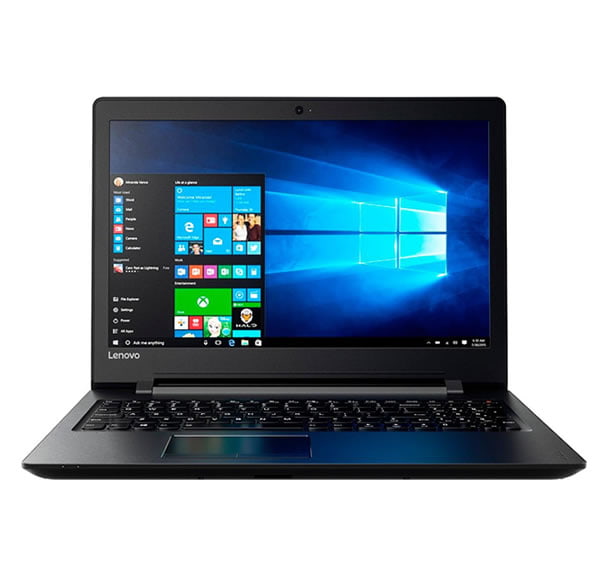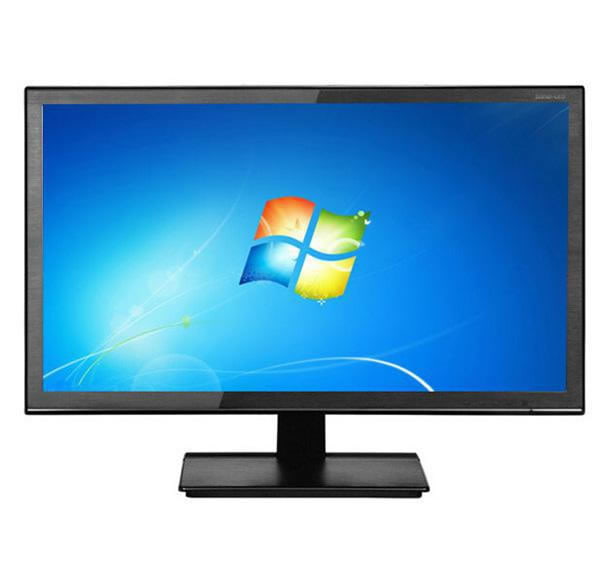Understanding the Importance of Ethical Computer Recycling
Understanding the Importance of Ethical Computer Recycling
The Environmental Impact of E-Waste
The improper disposal of electronic waste, or e-waste, poses a significant threat to our environment. Toxic chemicals present in electronic devices can leak into soil and water sources, leading to soil contamination, water pollution, and harm to wildlife.
Social Responsibility and Ethical Considerations
Ethical computer recycling goes beyond environmental concerns and encompasses social responsibility. E-waste often ends up in developing countries where workers, often children, are exposed to hazardous working conditions while dismantling computers for recycling.
Legislation and Compliance Requirements
Various countries have implemented legislation to regulate e-waste management and ensure compliance with environmental standards. Businesses must adhere to these regulations to avoid penalties and contribute to sustainable waste management practices.
Essential Criteria for Evaluating Potential Recycling Partners
Transparency in Recycling Processes
Transparency in recycling processes is crucial for ensuring that e-waste is handled ethically. Partners should disclose their methods for recycling, treatment of hazardous materials, and final disposal practices.
Certifications and Accreditations
Look for recycling partners which demonstrate adherence to high ethical and environmental standards in computer recycling.
Track Record and References
Evaluate potential recycling partners based on their track record and references from previous clients. A reliable partner will have positive feedback and a proven history of ethical and compliant recycling practices.
Exploring Partnership Options for Ethical Computer Recycling
Local vs. National vs. International Recycling Providers
Consider the benefits and drawbacks of working with local, national, or international recycling providers based on factors such as cost, logistics, and environmental impact of transportation.
In-house vs. Outsourced Recycling Services
Decide whether to manage computer recycling in-house or outsource to specialized recycling facilities based on the volume of e-waste generated and internal capabilities.
Specialized vs. Generalized Recycling Facilities
Choose between specialized facilities that focus on specific types of electronic devices or generalized facilities that handle a wide range of e-waste. The decision should align with the types of computers your business needs to recycle.
Best Practices for Managing Computer Recycling Partnerships
Communication and Collaboration with Recycling Partners
Establish open communication channels and foster collaboration with recycling partners to ensure alignment on recycling goals, progress monitoring, and issue resolution.
Regular Audits and Performance Monitoring
Conduct regular audits of recycling processes and performance monitoring to track key metrics, identify areas for improvement, and ensure compliance with ethical standards.
Continual Improvement and Adaptation
Embrace a culture of continual improvement and adaptation in computer recycling partnerships by incorporating feedback, implementing best practices, and staying informed about industry trends.
Conclusion
In Conclusion of this topic of computer recycling partners
Choosing the right partner for ethical computer recycling is crucial for businesses looking to make a positive impact on the environment and society. By prioritizing transparency, compliance, and collaboration, organizations can contribute to responsible e-waste management practices and create a sustainable future.
Why not Contact Us today and arrange a FREE collection of your old and outdated computer equipment or just use the Online Booking form - Collection Is FREE
Book A Collection Exisiting Customer Login
Exisiting Customer Login








